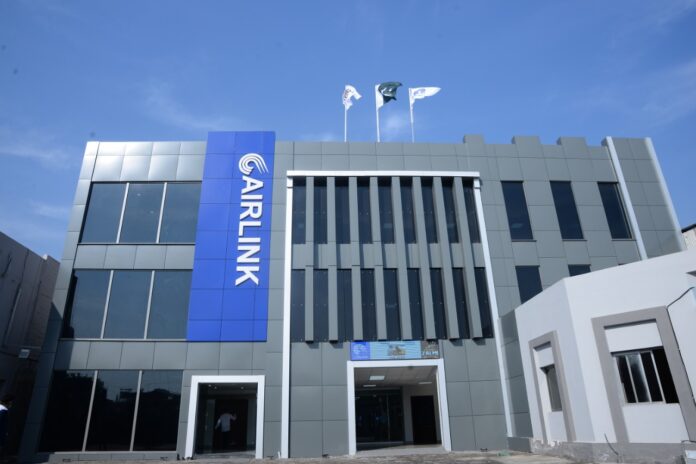Air Link Communication Limited’s long-trailed move into laptops – fronted by Acer’s E-series – has run into an unusually prosaic roadblock: a missing HS code. Without a customs classification for semi-knocked-down (SKD) kits, the electronics assembler cannot bring in the parts it needs to build machines locally. Management has therefore pivoted to importing completely built-up (CBU) units first, while it waits for Islamabad to assign the SKD code that unlocks full localisation economics. The company has already opened its first letter of credit and expects an initial 10,000-unit CBU shipment to land imminently, but margins and volumes will be lower than the original “assemble-in-Pakistan” plan implied.
In trade logistics, the dullest acronyms often carry the sharpest commercial edge. HS codes – short for “Harmonised System” codes – are the multi-digit identifiers that customs authorities use worldwide to classify goods, apply tariffs, track trade statistics and implement policy exemptions. For firms that localise manufacturing through SKD/CKD routes, the specific HS codes covering parts and sub-assemblies are the difference between a viable margin and a non-starter. In Air Link’s case, the government has not yet assigned an HS code for Acer laptops in SKD form. That gap forces the company to start with CBU imports (taxed and treated differently) and postpone local assembly until the SKD classification exists. As the company tells investors, local assembly can commence “once these codes are assigned by the government”; under the interim CBU model, gross margins are estimated around 16–18%. The content in this publication is expensive to produce. But unlike other journalistic outfits, business publications have to cover the very organizations that directly give them advertisements. Hence, this large source of revenue, which is the lifeblood of other media houses, is severely compromised on account of Profit’s no-compromise policy when it comes to our reporting. No wonder, Profit has lost multiple ad deals, worth tens of millions of rupees, due to stories that held big businesses to account. Hence, for our work to continue unfettered, it must be supported by discerning readers who know the value of quality business journalism, not just for the economy but for the society as a whole.To read the full article, subscribe and support independent business journalism in Pakistan









